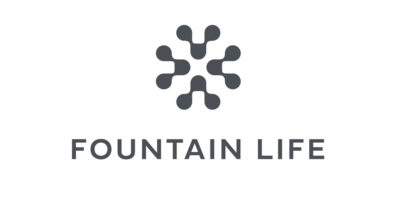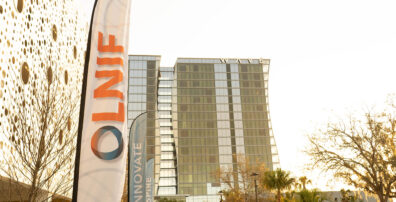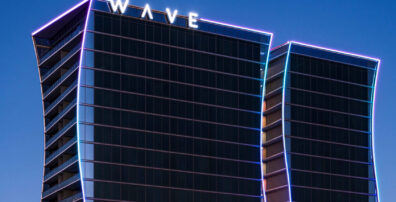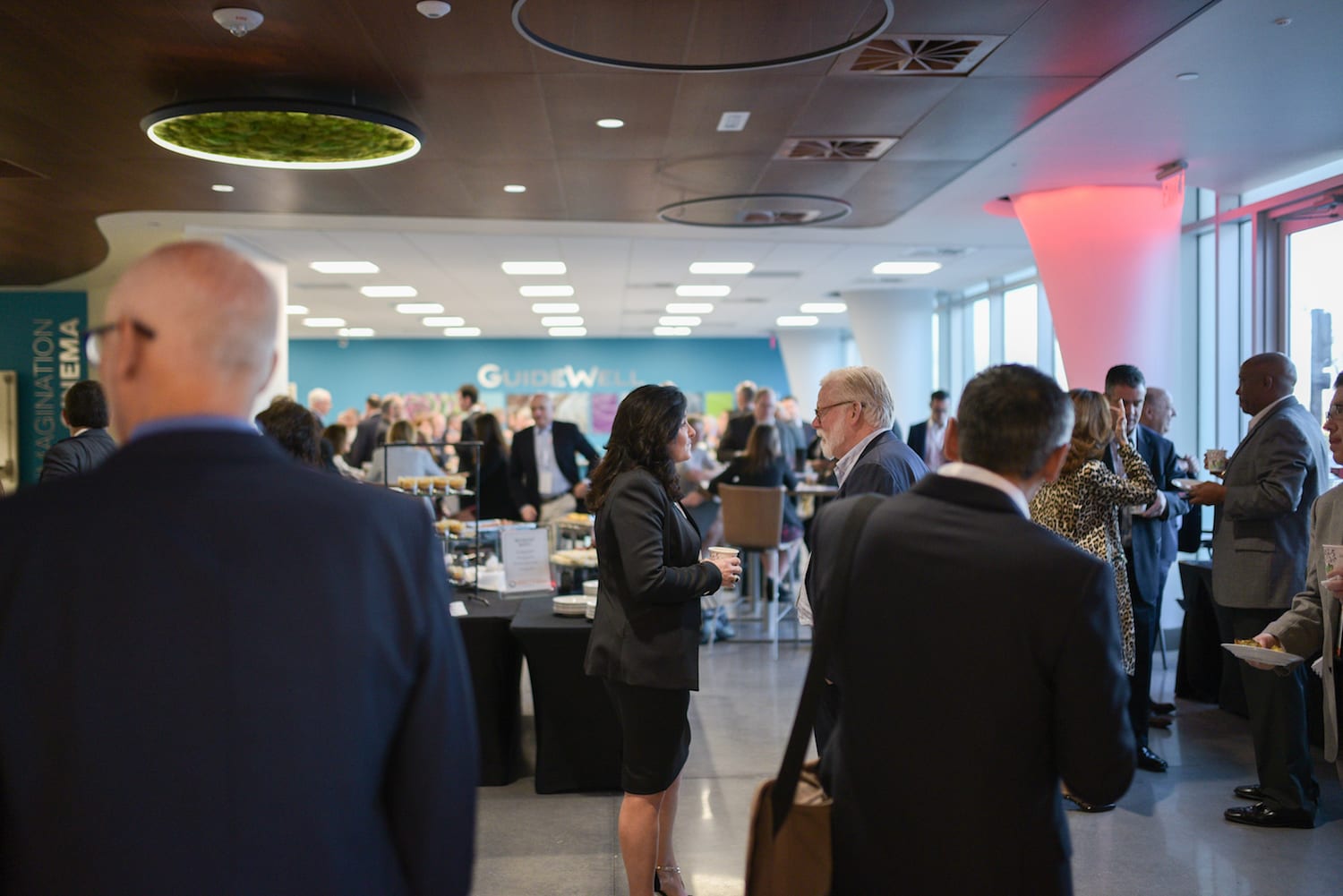
The second day of the 2017 Lake Nona Impact Forum brought illuminating debates on healthcare from leaders who defined policy on the national stage to those battling epidemics and recurring issues in communities nationwide.
The morning session set the stage with a passionate dialog around the Affordable Care Act and the future of healthcare in America. Opinions differed on the immediate prognosis and debates raged around structural changes to community care, the need to transform chronic care management, and the role of technology each step of the way.
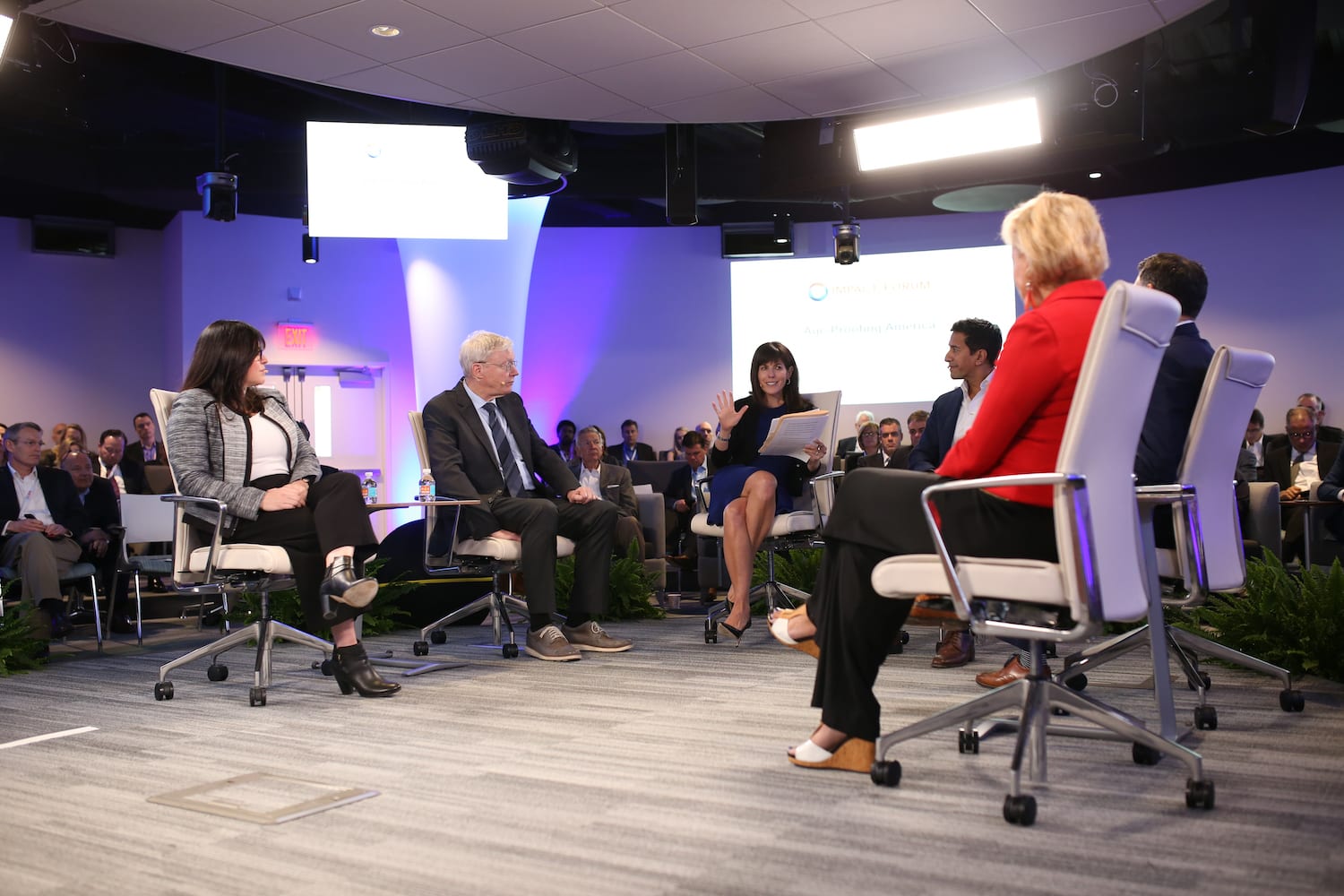
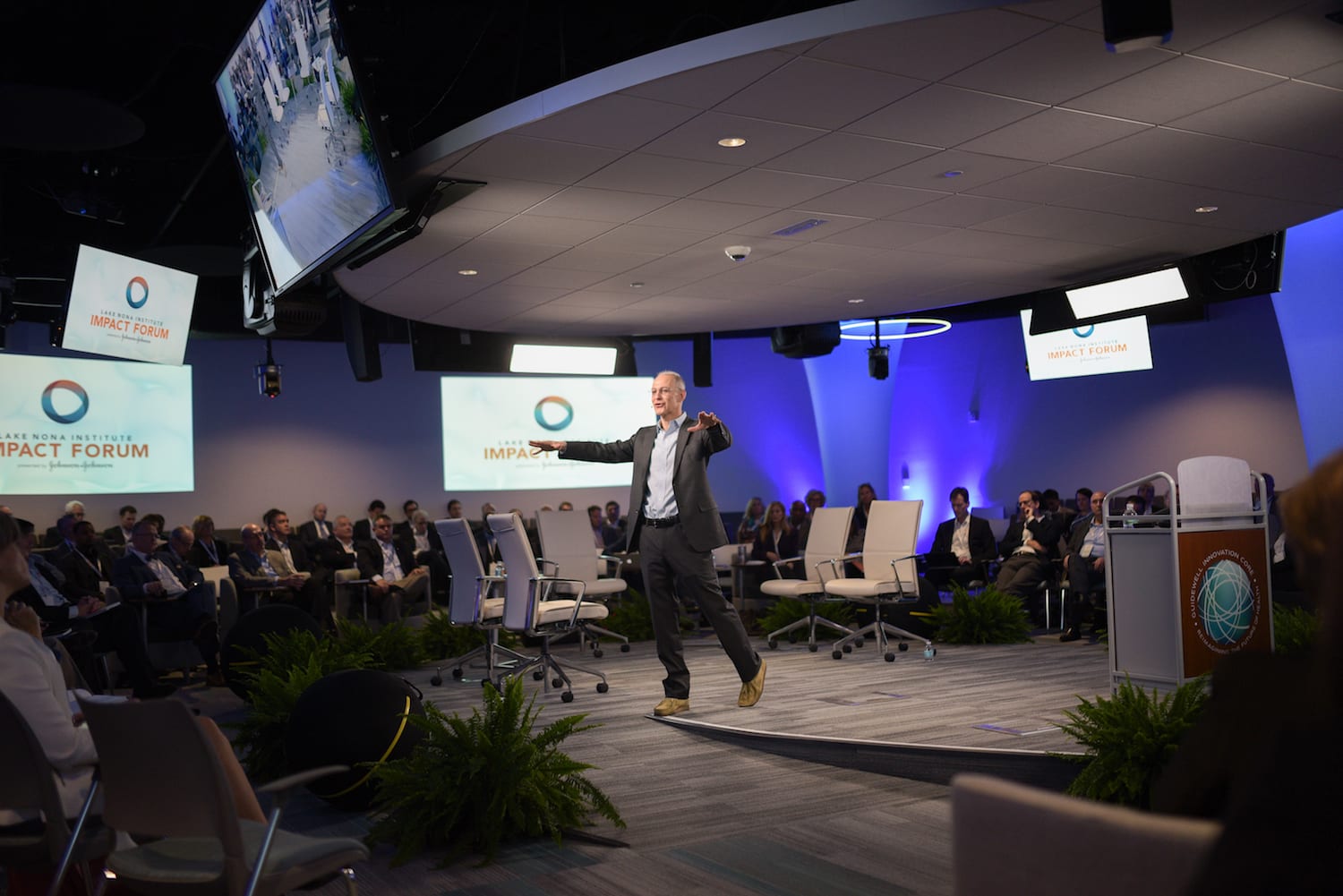 Spirited and heartfelt discussions continued throughout the day focusing on improving health processes and general wellness, targeting the increasing epidemics of obesity and diabetes, embracing the “Silver Tsunami” of elder care, and showing compassion and understanding to those struggling with mental illness. In each case, common approaches included engaging individuals in their own healthcare, connecting care to the community, and making improvements in diet, exercise, and socialization that will add purpose and create lasting improvements on quality of life.
Spirited and heartfelt discussions continued throughout the day focusing on improving health processes and general wellness, targeting the increasing epidemics of obesity and diabetes, embracing the “Silver Tsunami” of elder care, and showing compassion and understanding to those struggling with mental illness. In each case, common approaches included engaging individuals in their own healthcare, connecting care to the community, and making improvements in diet, exercise, and socialization that will add purpose and create lasting improvements on quality of life.
Arguing that connected health goes even deeper than “body and community” to “body and mind,” Deepak Chopra provided a roadmap to higher health that puts all aspects of mental, physical and emotional health as one unified activity: consciousness. Chopra’s panel inspired by creating communities with soul and purpose, and literally connected communities with the Humagram holographic technology that brought actress Michelle Rodriguez and Ninja Warrior Travis Brewer “live” to the stage from Los Angeles. Together, even remotely, they demonstrated the ways that “the power of human connection allows us to do things we could not by ourselves.”
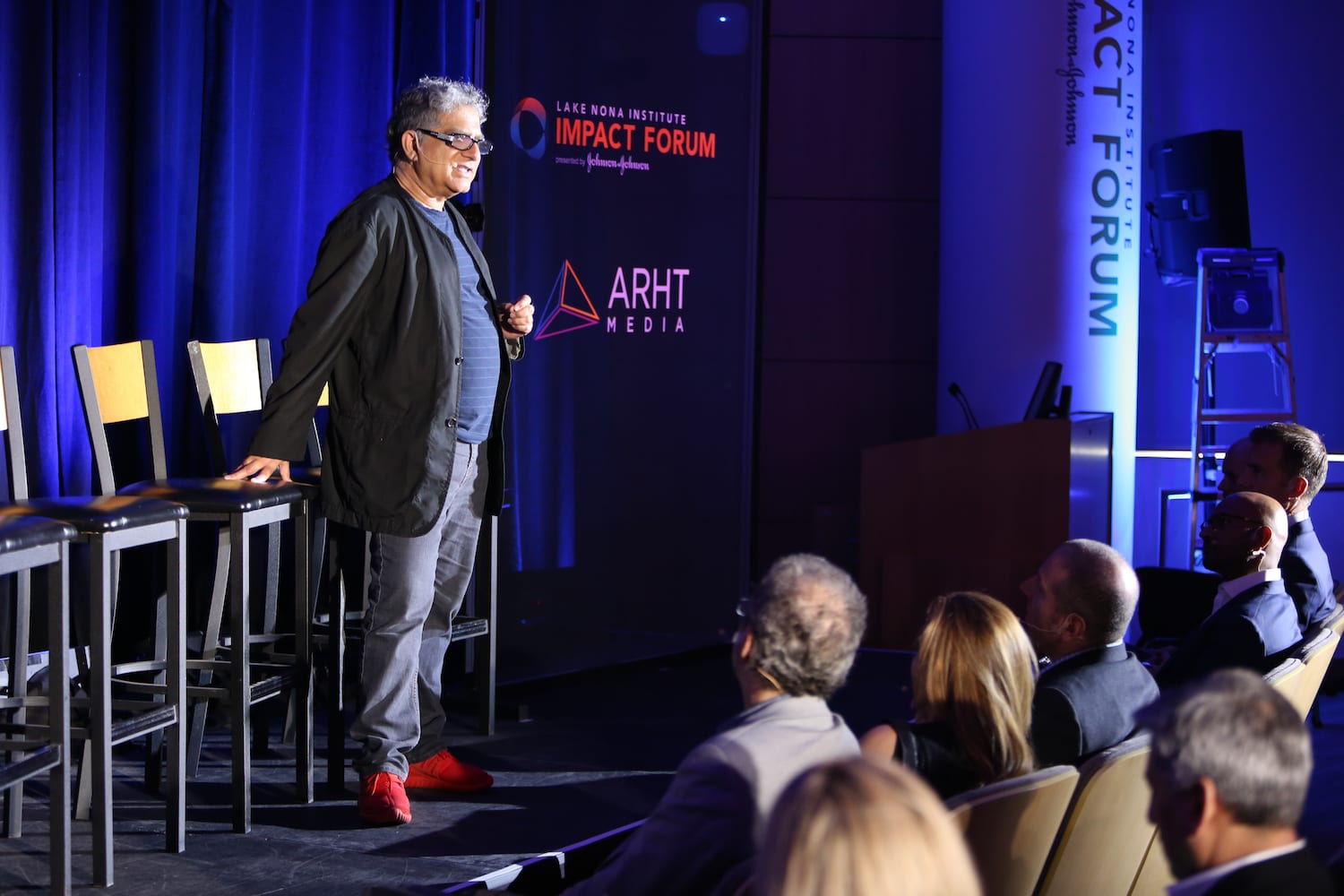
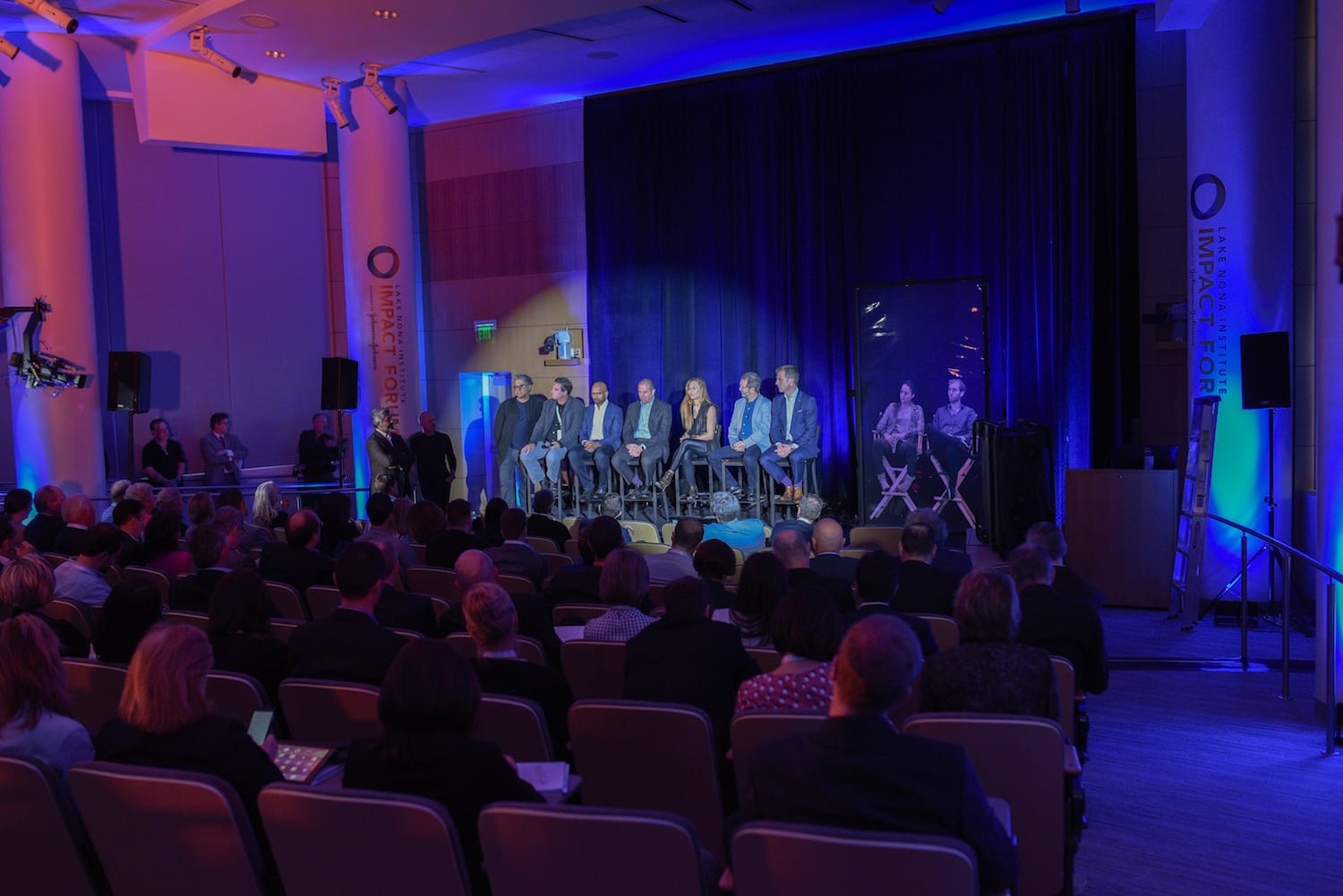
Finally, with sports at the heart of so many communities, the day’s closing Hall of Fame panel brought together golf’s all-time great Annika Sorenstam, Heisman Trophy Winner Charles Woodson, Olympic Gold Medalist Michael Johnson and acclaimed orthopedic surgeon Dr. James Andrews to discuss the future of youth sports. With many inherently physical and increasingly year-round games threatened by potential injuries and burnout, Sorenstam reminded parents that, “fun is the most important thing a kid should have when they play a sport.”
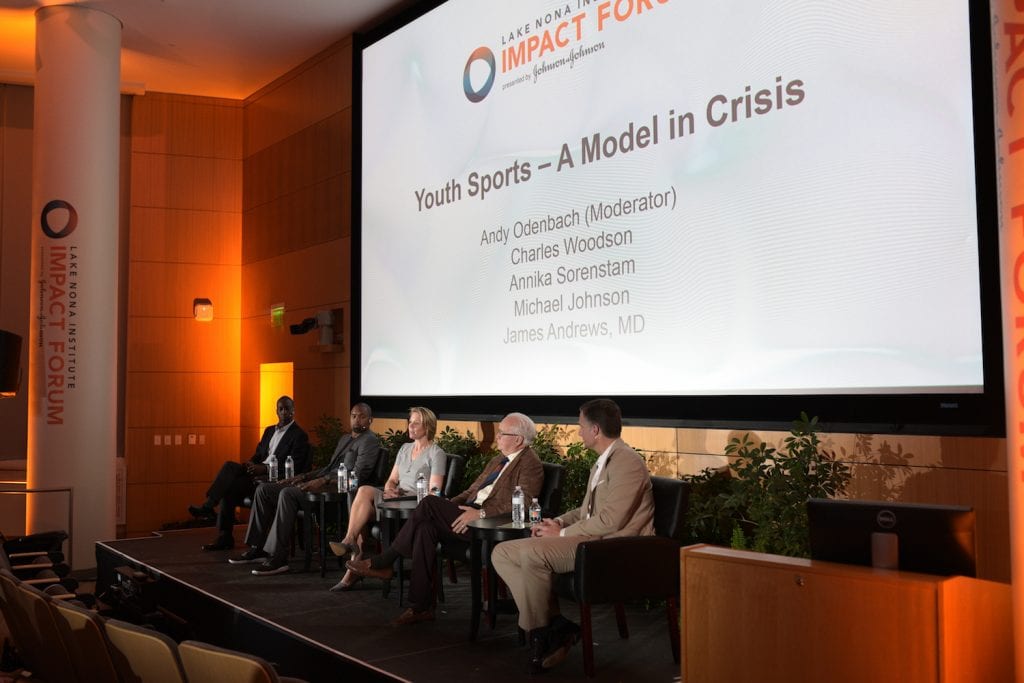
These discourses among often united, often disparate voices represent the spirit and convening nature of the Lake Nona Impact Forum where shared experiences, expertise and impassioned advocacy create paths for new ideas, partnerships and opportunities.

